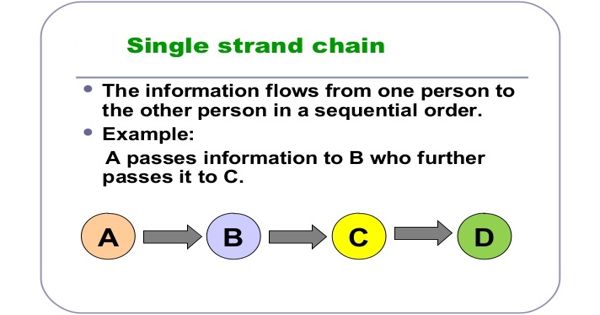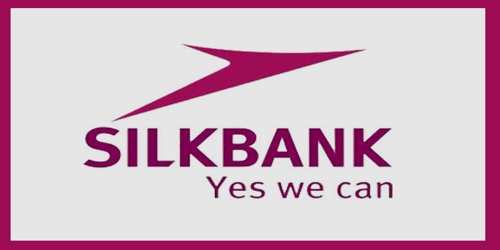Most founders fall into a common pitfall: just because you had great outcomes with your previous round of investors doesn’t imply new investors would trust you. This new group hasn’t witnessed that performance; therefore they have no reason to trust you just yet. It’s natural for an entrepreneur approaching their next round to ask, “How do I get this new group of investors to believe in me?”
Founders, who effectively fundraise, in our perspective, are adept at cultivating relationships and frequently offer what we term “the pre-pitch.” This is the “we’re not seeking for money; we just want to be friends for now” pitch that gets you on an investor’s radar so that when it’s time to raise your next round, they’ll be much more likely to pick up the phone because they know who you are. However, the pre-pitch concept entails more than simply informing potential investors of your presence.
Building relationships with prospective future investors necessitates thinking less like a founder and more like a marketer, as much of the relationship heavy lifting takes place long before you ask for a money commitment. The pre-pitch method has a number of advantages:
- Establish a baseline: Review where you is now, why it isn’t yet the right time to raise financing (the inverse of “Why Now”), and what you still need to do till the time is right.
- Trust based on performance: Show your potential investor where you are now and what you want to do in the near future to put your performance where your mouth is. You can later show them that you accomplished what you stated you would.
- You’re not asking for money, therefore this is a good practice. Instead, you’re giving people a sneak peak. Because your relationship-building pre-pitch isn’t worth millions, you’ll be less nervous, which will lead to better partnerships. Remember: Who cares if it’s not a good fit?
- When you’re not looking for money, you’re more likely to obtain honest feedback that you wouldn’t get in a high-pressure situation.
















